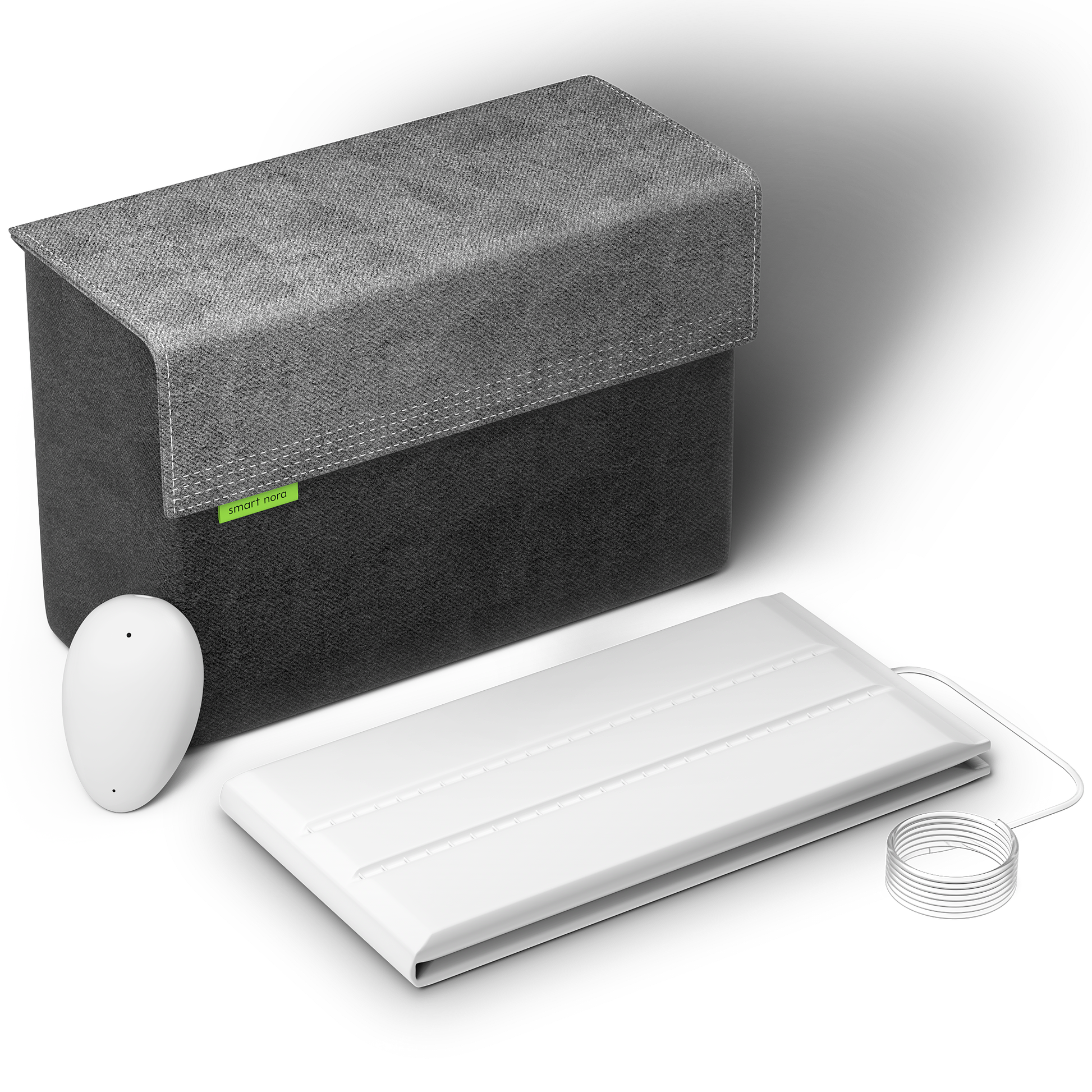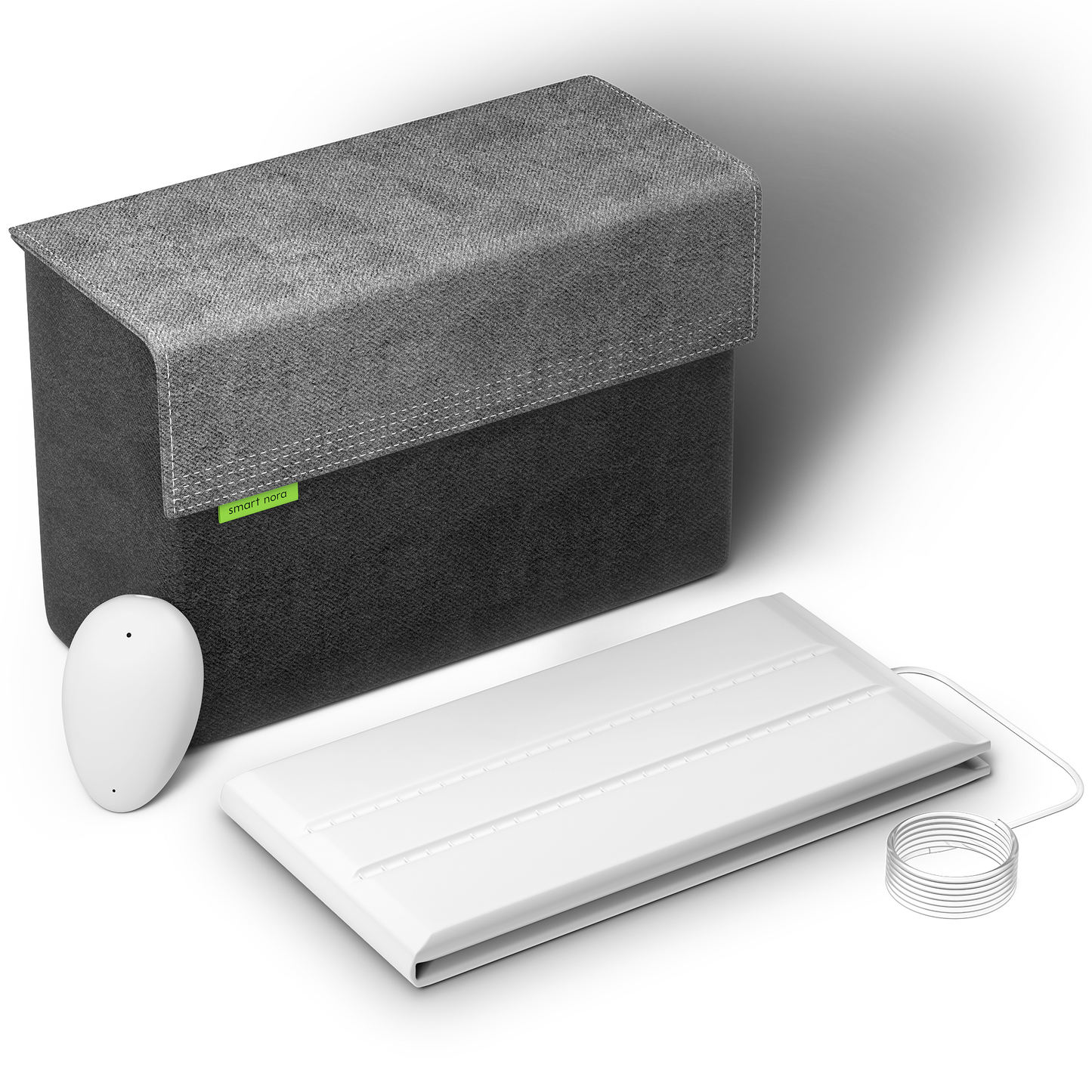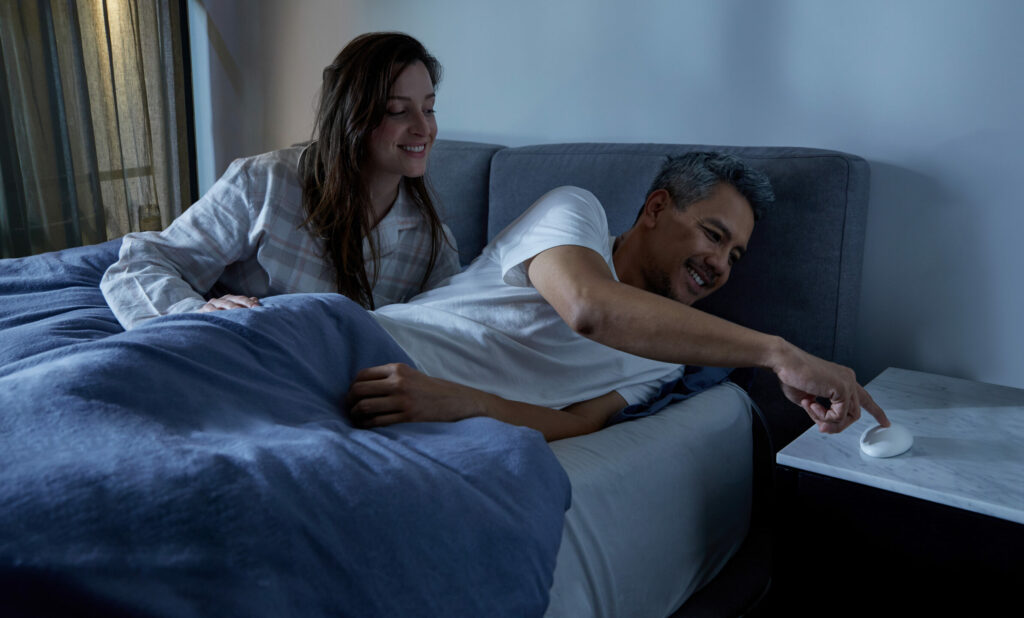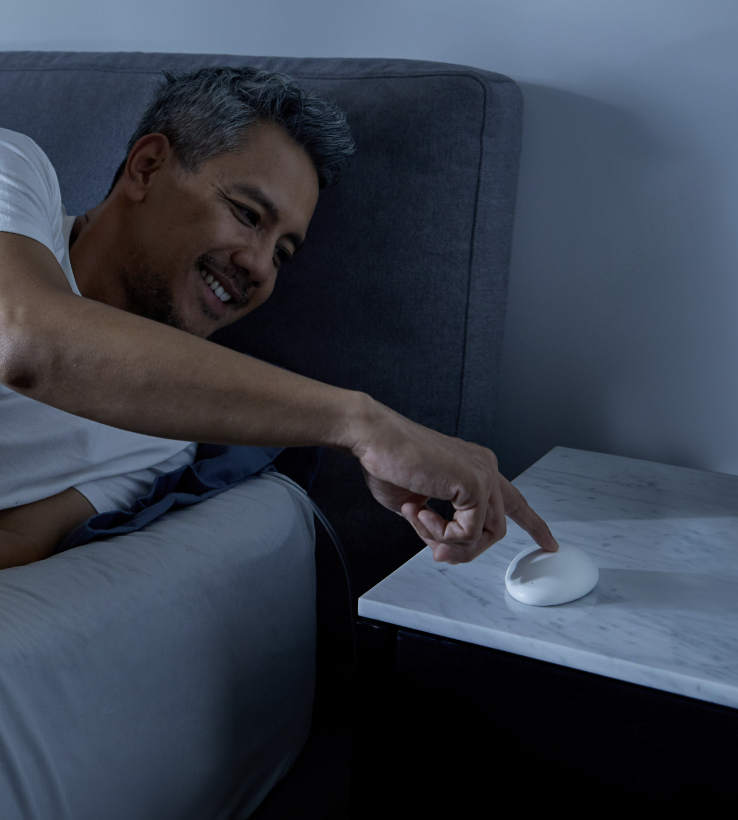
Categories
How Does Stress Affect Sleep?
Related Blog Posts
How Your Devices Can Help You Sleep Better
“A well-spent day brings happy sleep.” Leonardo da Vinci These days, using technolog...
Sleep Hacks From Around the World
Ever experienced the annoyance of struggling to sleep even when you are worn out? ...
How Can Hormones Trigger and Affect Sleep?
The amount of time we spend sleeping in our entire life is around 25 years. While this...
Top 5 Yoga Poses and Exercises to Help with Your Snoring
Snoring is a habit that can, at its best, be a source of jokes in your household. Howe...
Best Sleeping Positions to Alleviate Neck Pain
We’ve all been through the motions of sleeping perfectly healthy the night before,...
Sleep Tourism: What Is It And What Are The Benefits?
With soaring stress levels, there has been a growing movement towards prioritizing se...
Circadian Rhythm — the Sleep Wake Cycle Explained
In the late 1700s, Jean Jacques d’Ortuous de Marian (what a lofty name!) noticed t...
Rozerem—How It Works and Side Effects
Insomnia is one of the most common sleep disorders. A melatonin-like medication ca...
Breathe Right Nasal Strips Review: Do They Work?
Are you looking for a quick solution to your snoring? Or maybe you want to put...
Sleep Divorce: Can it Save Your Relationship?
You’re not alone if living together has brought up small or big problems in your r...
How to Sleep During Pregnancy?
Pregnancy can stir a lot of emotions in women, including feeling stressed and anxi...
Sleeping Pills: When to Take and Avoid?
A survey shows up to 70 million Americans have a sleep issue. And whether or not t...
Does Eating Dark Chocolate Help You Sleep Better?
Can you imagine life without chocolate? We know the answer. We adore it so much th...
How to Sleep Comfortably During Periods?
Periods are messy as it is, but combine them with mood swings, cramps, and sleeple...
What is Sleep Restriction Therapy?
You probably have heard about insomnia, as it is one of the most common sleep diso...
What to Wear to Bed for a Great Sleep?
Have you thought about what you wear every night to bed? You might want to! Like y...
Is There a Relationship Between Overeating and Sleep?
Getting good-quality sleep solely does not depend on your sleep schedule but on ho...
What is Night Eating Syndrome (NES)?
We all have experienced midnight cravings at some time during our lives. Moreover,...
Hypnic Jerks: Why Do You Twitch While Sleeping?
Your muscles are loosening, you’re breathing deeply, and you’re slowly drifting of...
Should You Be Oversleeping?
A lot of us look forward to sleeping in on weekends. While the occasional extended...
Sleep Changes in Women: Teenage, Menopause and Pregnancy
You may have heard that women experience sleep in different ways than men. Consequ...
Narcolepsy: What is it? How to Overcome it?
Do you experience losing control of your muscles suddenly at the peak of the afternoon...
6 Herbal Teas to Help You Fall Asleep
On a chilly day, a hot beverage can keep you warm, and tea, in particular, can pro...
Sleep and Old Age: How Aging Impacts Sleep Patterns
Getting older is a bittersweet experience, but some parts of it are just not done ...
Best Ways to Sleep Peacefully on Your Next Trip
Are you planning a trip abroad? Nothing ruins a getaway like being tired all the t...
Allergies Keeping You Up? Here’s How You Can Get Some Sleep
When beautiful lilies, gardenias, and rose bushes bloom in gardens, it is a pleasa...
What is the Best Temperature for a Good Night’s Sleep?
Who doesn’t want to hit the sack after an exhausting work day? You come home, jump...
Sleep Debt: What and How Expensive Is It?
Let’s do some sleep math. Last week, you slept for only two hours per night becaus...
How is Sleep Affecting Your Relationships?
For any relationship to grow and stay healthy, you need to make good decisions, be...
How Does Stress Affect Sleep?
We all know that the world is evolving rapidly and bringing revolutionary changes. Howe...
Decoding Dreams: 41 Interesting Facts To Understand Dreams
We all dream at night; in fact, as per a study, we spend one-third of our life sle...
How Tech Can Help You Get a Good Night’s Sleep
Everyone knows sleep is important for staying healthy and getting rid of toxins. H...
What Role Does Exercise Play in Sleep?
We all have heard countless times that ‘exercise is good for you.’ Indeed, it is! ...
9 Sleep Myths That Are Hurting Your Relationship
Our most private living places are our bedrooms, and when it concerns relationship...
The Many Colors of Noise – Secret to Better Sleep
You’re not alone if your brain gets active as soon as your head hits the pillow. O...
What is the Best Way to Wake Up?
Not a big fan of waking up early? Well, trust us, we can all relate. But, unless you’r...
Tips for New Parents to Get Quality Sleep
Caring for a newborn baby is exhausting and challenging as a new parent. You have ...
How does Sleep Affect Memory?
Don’t you feel all mellow and comfy upon hearing the fiver-letter word: sleep? Eve...
What is the Best Way to Power Nap?
Let’s be honest; everyone has experienced moments when taking a nap in the afterno...
Social Jet Lag: What is it? Why Do You Face it?
Remember that sluggishness you feel every Monday morning? You probably feel that b...
Sleep: How it Affects the Different Aspects of Your Health
If you think that only sleep deprivation affects your health and that sleeping for...
Best Breathing Exercises For a Good Night’s Sleep
You came back home after a long day, took a warm shower, and finally went to bed. ...
Does Sleep Affect Weight Loss?
Did you know that your body cooks up a recipe for weight gain while you’re awake a...
How Can Poor Sleep Impact Your Career and Productivity?
We all have the same 24 hours daily, but how we use them is very different. It is ...
What is Revenge Bedtime Procrastination And How to Overcome It
Do you often stay up late watching just one more episode of your favorite show? Or, if...
Parasomnia: What is it and How Does it Affect You?
Have you ever woken up disoriented, not knowing where you are? Or maybe you don’t ...
Sleep: How it Affects the Different Aspects of Your Health
If you think that only sleep deprivation affects your health and that sleeping for...
Josh Dela Cruz's journey with Smart Nora: The pursuit of dreams, literally.
Josh Dela Cruz is an actor, dancer, and musician. You probably know him from his iconi...
David Meltzer's Transformation with Nora: The Journey to Quality Sleep and Gratitude
A Journey from Restless Nights to a Sleep Revolution Three weeks ago, a transformative...



























































